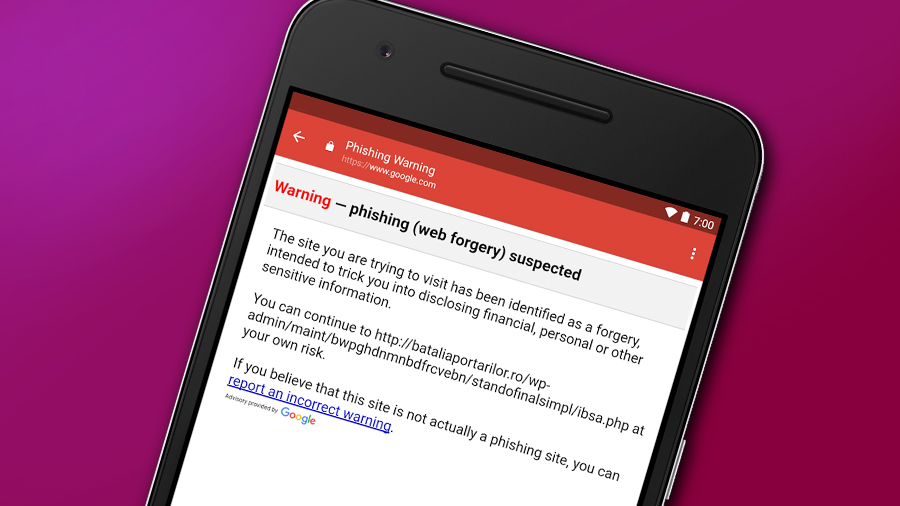Gmail gets new powers to fight phishing, ransomware and more
There’s new protection from data loss for businesses, too

Gmail just got tighter security, particularly for businesses, with the introduction of several new features including phishing email detection honed to be incredibly accurate.
Google said that thanks to new machine learning technology, Gmail can now block spam and phishing messages and keep them out of your inbox with an accuracy of over 99.9%. Very impressive indeed.
Google also said that Gmail has new built-in defences against ransomware and ‘polymorphic’ malware – which can alter itself in some manner to help avoid detection – and claims that the email service now blocks millions more emails which could be a threat to users.
In a blog post, Google said: “We classify new threats by combining thousands of spam, malware and ransomware signals with attachment heuristics (emails that could be threats based on signals) and sender signatures (already marked malware).”
G Suite goodies
Business customers running G Suite received a number of extra features, including a system of ‘early phishing detection’ which will delay messages it believes could be suspicious, giving them a thorough check over before they’re cleared to be sent to the user.
This is integrated with existing Google Safe Browsing technology for picking up on suspicious URLs, bolstered by click-time warnings for these dodgy links – meaning that if you click on such a link in a message, you’ll be warned against proceeding.
Finally, Google revealed new measures to help employees from accidentally spilling business data. If a staff member emails someone outside of the company domain, they’ll be given a warning to ensure they know that they’re replying to an external source – hopefully preventing incidents where unintended replies go astray, and potentially corporate data with them.
Are you a pro? Subscribe to our newsletter
Sign up to the TechRadar Pro newsletter to get all the top news, opinion, features and guidance your business needs to succeed!
Gmail’s new data loss prevention system is apparently clever enough that it knows the contacts you interact with regularly outside of your company, so it can avoid displaying unnecessary warnings.
All this, of course, comes hot on the heels of the recent Google Docs phishing fracas, which was a sophisticated attack, and doubtless an embarrassing affair for Google.
Via: Ghacks
- These are the best antivirus products of 2017
Darren is a freelancer writing news and features for TechRadar (and occasionally T3) across a broad range of computing topics including CPUs, GPUs, various other hardware, VPNs, antivirus and more. He has written about tech for the best part of three decades, and writes books in his spare time (his debut novel - 'I Know What You Did Last Supper' - was published by Hachette UK in 2013).